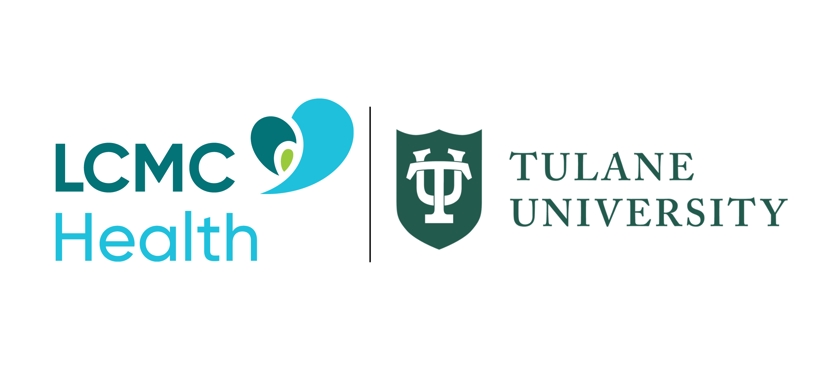Do you remember? World Alzheimer’s Month is September
- Category: Senior Care
- Posted on:

Alzheimer’s and other forms of dementia are not an inevitable part of aging, but you are likely to have friends and close family who struggle with the long goodbye. September is World Alzheimer’s Month, and this year the goals are to support people living with Alzheimer’s and their families after the diagnosis and to challenge the stigma of the disease.
What is World Alzheimer’s Month?
World Alzheimer’s Month was originally started by Alzheimer’s Disease International to raise awareness about Alzheimer’s and types of dementia. During this month-long campaign, people participate in fundraisers, walks and other awareness-raising events to share information about Alzheimer’s and dementia.
Arm yourself with facts
Alzheimer’s is a disease that forms in the brain and affects how people think and slowly destroys their memory. It’s considered a type of dementia—a term used to define conditions that involve the loss of cognitive function to the point it interferes with a person’s quality of daily life, and it’s not uncommon for people with Alzheimer’s to experience changes in their behavior and personality over time.
According to the U.S. Department of Health and Human Services, over 6 million Americans are living with Alzheimer’s disease, many who are over the age of 65. In people with Alzheimer’s, the brain experiences a buildup of proteins that cause healthy neurons to eventually die. As more and more neurons die, the brain starts to shrink. In late-stage Alzheimer’s the brain has experienced a significant amount of shrinkage.
Signs and symptoms of early-stage Alzheimer’s include:
- Anxiety or aggression
- Difficulty handling money and paying bills
- Getting lost in familiar places
- Losing items
- Mood and personality changes
- Repeating questions
- Taking longer than normal to complete daily activities
As the disease progresses, people often experience a wide array of cognitive decline and may have difficulty recognizing friends and family. When Alzheimer’s is severe, people’s bodies start to shut down. There is currently no cure for Alzheimer’s, but there are medications that can help control symptoms.
Causes of Alzheimer’s
Researchers don’t know the exact cause of Alzheimer’s or other dementia-related diseases, but the current belief is that it’s a combination of age, genetics, environmental factors and lifestyle.
Getting older doesn’t mean you will inevitably have Alzheimer’s, though the disease is more common in older people. Researchers think this is because, during older age, our brains are more susceptible to shrinkage and other forms of damage. There is also a genetic component that can increase your risk for Alzheimer’s called apolipoprotein E. However, having this gene doesn’t mean you will develop Alzheimer’s, and not all people with Alzheimer’s have this gene.
Health, environmental and lifestyle factors that contribute to Alzheimer’s disease include a poor diet and sleep, low physical activity and social life, and not stimulating your brain.
How to prevent Alzheimer’s
While you can’t control your age or genes, you can take healthy steps to lower your odds for Alzheimer’s, and what better time to start than during World Alzheimer’s Month? This September, commit to following some of these tips to reduce your risk for Alzheimer’s and other dementia-related diseases:
- Challenge your brain–find something that makes you think, such as playing cards, putting together a puzzle or learning a new language
- Eat a healthy diet full of fruits and vegetables, particularly leafy greens and berries
- Exercise–physical activity has been linked to a lower risk of dementia because an elevated heart rate increases blood flow to the brain
- Get enough sleep–aim for at least 7 hours per night
- Participate in social activities–visit a friend or loved one, join a local club or find other ways to be involved in your community
- Quit smoking or don’t start–smoking is horrible for your health and can increase your risk for dementia
If you struggle to find ways to get active in your community, consider volunteering for LCMC Health. Feel good about serving your community and help your brain all in one go.
Do you think you or a loved one has Alzheimer’s? Find a provider nearest you to discuss risk factors and learn more about support for people living with dementia.

